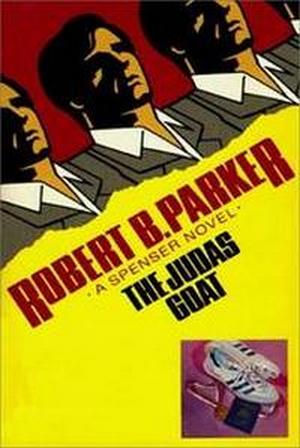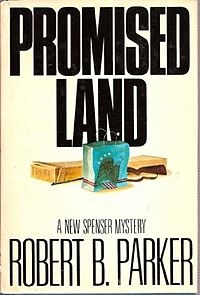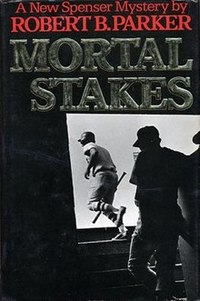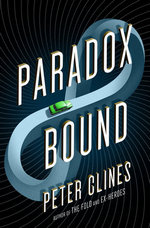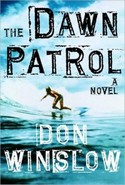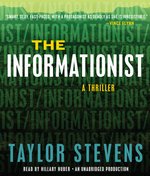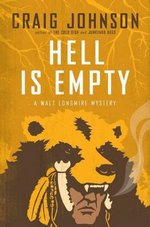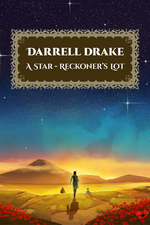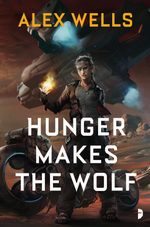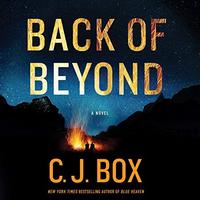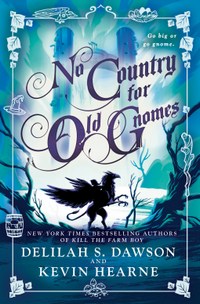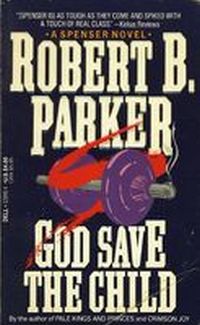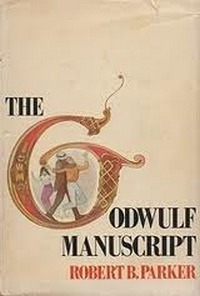
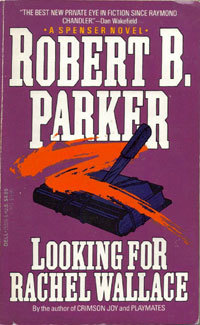 |
Looking for Rachel Wallaceby Robert B. Parker Mass Market Paperback, 217 pg. Read: June 26, 2020 |

“What is it you want to know?”
“Why you engage in things that are violent and dangerous.”
I sipped half a glass of beer. I took another bite of veal. “Well,” I said, “the violence is a kind of side-eiffect, I think. I have always wanted to live life on my own terms. And I have always tried to do what I can do. I am good at certain kinds of things; I have tried to go in that direction.”
“The answer doesn’t satisfy me,” Rachel said.
“It doesn’t have to. It satisfies me.”
“What he won’t say,” Susan said, “and what he may not even admit to himself is that he’d like to be Sir Gawain. He was born five hundred years too late. If you understand that, you understand most of what you are asking.”
“Six hundred years,” I said.
What’s Looking for Rachel Wallace About?
Spenser is hired to act as a bodyguard for Rachel Wallace. Wallace is a no-nonsense feminist activist and lesbian author. There have been threats made against her if her book exposing the discriminatory practices of several New England companies is published. The threats make little sense since the galleys have already been released (and therefore the material is out there), but they’re still there.
Despite clashing in their first meeting, Wallace agrees to her publisher’s choice in Spenser and he agrees to try not to annoy her. The two continue to squabble for the first eighty or so pages. Wallace keeps trying to provoke Spenser, questioning his professionalism, wanting to debate her brand of feminism with him. Spenser really doesn’t care about all that—and as much as he’s willing to discuss and think about those issues at other times (he’d read Wallace’s previous work before going to work for her)t—this is about work for him. He doesn’t care who she sleeps with, what she thinks, he’s about keeping her as safe as he can.
There is a moment where Wallace knows she’s going into somewhat hostile territory and tells Spenser to stand down beforehand. When security guards arrive to drag her off, and she goes limp to make it hard for them, Spenser intervenes. Which robs Wallace of the opportunity to make her statement, get the attention she wants, and hopefully a hearing with her target-audience. Wallace takes this as an insult, thinking Spenser’s machismo forced him to protect a (seemingly) helpless woman. And, yes, that’s true. But it’s also true, that if Wallace had been a male academic attracting this kind of response, he’d have done the same thing.
It was the wrong thing for Spenser to do regardless, which he admits later. Wallace fires him—and apparently doesn’t replace him. A couple of months later, she’s kidnapped. Belson* brings Spenser in for his perspective—and of course, that just spurs Spenser into his own investigation. He blames himself for not being a better employee, so he wasn’t around to protect her.
* It’s never explained why a homicide detective is brought in to discuss an abduction, but let that pass.
Spenser has very little to go off of here. He has one name, from a minor incident on his first day with Wallace to look into, and he essentially spends a lot of time trying to find evidence to tie this guy to the kidnapping. There’s also a KKK leader that Spenser arrested back when he was a law enforcement officer and hasn’t lost track of. Working off the assumption that a racist is going to operate in the same circles as a militant misogynist, Spenser harasses him for information. It works out (to a degree), but watching Spenser bully this guy on less than a hunch really bothered me.
Almost randomly, the one piece of evidence that Spenser (and Belson, to be fair) needs to tie everything together is essentially dropped into their lap. As a record blizzard descends on Boston, Spenser decides to walk (almost all roads are closed) fifteen miles to make the best of that piece of information. And well, you can guess the rest.
I Feel Compelled to Share this Quotation that has Nothing to do with the Plot
The Main Entrance to the Boston Public Library used to face Copley Square across Dartmouth Street. There was a broad exterior stairway and inside there was a beautiful marble staircase leading up to the main reading room with carved lions and high-domed ceilings. It was always a pleasure to go there. It felt like a library and looked like a library, and even when I was going in there to look up Duke Snider’s lifetime batting average, I used to feel like a scholar.
Then they grafted an addition on and shifted the main entrance to Boylston Street. Faithful to the spirit, the architect had probably said. But making a contemporary statement, I bet he said. The addition went with the original like Tab goes with pheasant. Now, even if I went into study the literary influence of Eleanor of Aquitaine, I felt like I’d come out with a pound of hamburger and a loaf of Wonder bread.
So, what did I think about Looking for Rachel Wallace?
I guess I’ve made it clear that this isn’t my favorite Spenser. But it’s not that I dislike it. I enjoy spending time with Spenser and Susan. I liked when Wallace and Spenser engaged with each other—seeing Spenser in these settings tells a lot about him, as does the way he reacts to Wallace. At the same time, it’s interesting seeing Spenser through her eyes (as mistaken as I think her estimation of him is, it’s not merit-less). The dialogue is great, Spenser verbally sparring with Wallace’s publisher and a prosecutor looking into her disappearance is just fun to read. I can’t forget there are some pretty good action scenes (even if Spenser does bring a handgun to a pie fight).
It’s just that this is the first one since The Godwulf Manuscript that I have to add provisos to my enjoyment. I have had the impression on many re-reads (including this time), that Parker was more interested in bringing up some of Wallace’s ideas, positions, and practices than he was in telling a good story. At the very least, he was frequently distracted during the telling.
Do I recommend it? Yeah, it’s a good read. It’s a great way to understand the character, and the story is okay. Am I in the same kind of fan-boy mode for it as I was for Mortal Stakes, The Judas Goat or Promised Land? Nope. Still, I’ll take this over almost Spenser novel from the 2000’s.
This post contains an affiliate link. If you purchase from it, I will get a small commission at no additional cost to you. As always, opinions are my own.
![]()





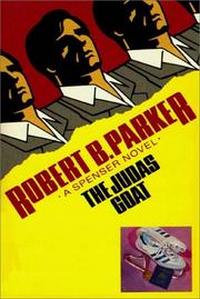

 Grab a book, any book.
Grab a book, any book.